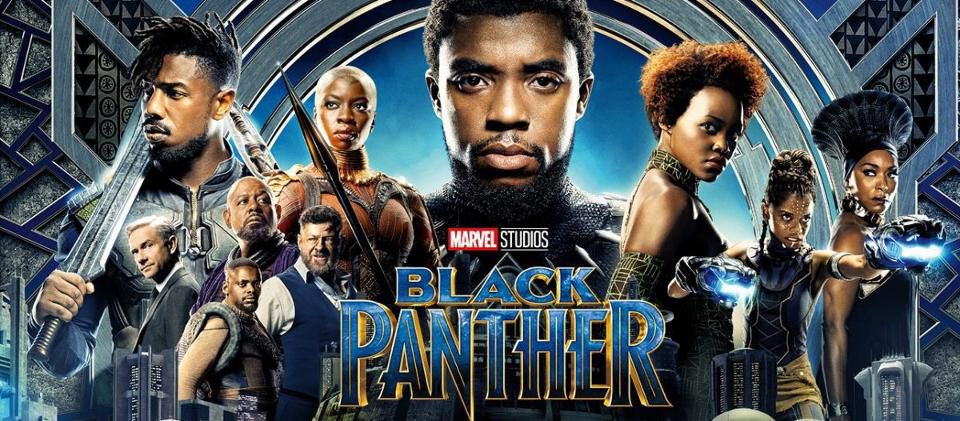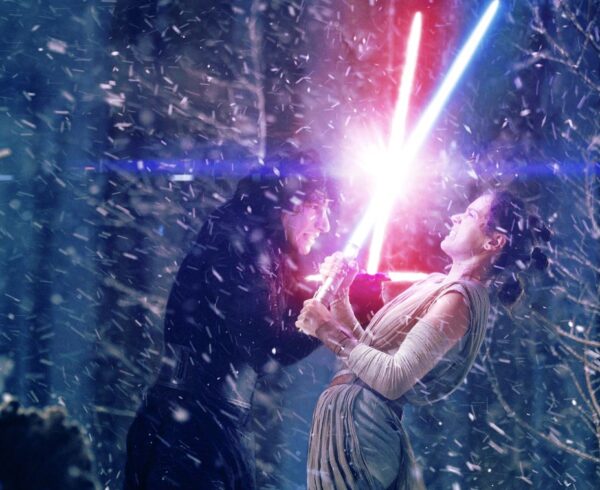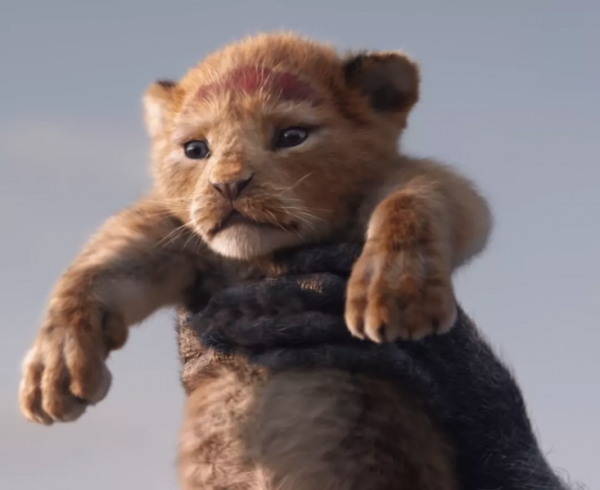‘Black Panther’ Is a Rousing Fantasy with Real, Noble Ideals
Let’s start by saying it outright: Black Panther is loads of fun. You’ll cheer, and laugh, and come out of the theater muttering the protagonists’ slogan “Wakanda Forever!”
The acting is good throughout. However, Chadwick Boseman as the African king T’Challa, the Black Panther, somehow doesn’t pop from the mix of many characters. Maybe the role was underwritten or maybe as a Marvel superhero Boseman can’t compete with Robert Downey, Jr.’s Iron Man, for instance. Although he’s more gripping than Thor, of course.
The action scenes are captivating and not as visually confusing as in many films of this genre. The gifted and under-cast Angela Bassett is luminous as a dignified dowager queen with snowy white dreadlocks. There are moments of sheer visual genius involving trained attack rhinos too.
Go see Black Panther. It’s interesting that almost its entire cast and crew are black. The film is so well-executed that it proves there is much black talent going woefully under-hired in Hollywood.
Marvel Studios might be cannily selling the film as political empowerment, and yet it appeals to nearly every constituency. Right-wing site Breitbart trolled the studio by calling the film a Trumpian fantasy.
And that is true. But not exhaustive. The film depicts a deep-seated fantasy that motivates people of all races and politics. That’s probably smart in a superhero movie, which is all about giving us victories we can’t have in our messy, real world.
The film imagines a country where ancient tradition lives smoothly alongside ultra-modern technology. The Kingdom of Wakanda enjoys the benefits of advanced engineering and science, but keeps itself aloof from foreign trade. Its culture is vibrant and tolerant, but it won’t allow immigration. A storied monarchy holds the country together, but allows for decentralized power among the regions. Rival tribes live in harmony together. Women are beautiful, feminine, and strong. They’re every bit the equal of males in combat and, best of all, they can defend their country but also pull it off in long dresses. The nation can pick its kings by a medieval-style trial by combat, yet all respect the rule of law.
Are you getting the idea? Wakanda might have been invented to give disenfranchised black kids a sense of uplift. Marvel Studios was canny to release Black Panther during Black History Month and the blockbuster opening weekend proves it. Yet Black Panther does much more. It resolves, somehow, all the political oppositions and problems of modernity. In real life, there are trade-offs. If you want economic dynamism, you have to accept the market, which generates inequality and envy. If you want ancient traditions, they come with privileged classes and historic “losers.” If you wish to be self-sufficient — as so many post-colonial countries tried to be after World War II — you won’t get the benefits of the latest technology, since no one nation can do it all.
Except Wakanda. It was the beneficiary of a friendly meteor strike, which gifted the nation millennia ago with the mystic metal Vibranium. That let the nation become immensely rich while remaining utterly secret, shrouded by high-tech masking devices that make it seem to outsiders dirt poor and not worth conquering.
The worm in the apple is a disgruntled claimant to the throne, N’Jakada, played by Michael B. Jordan. He’s cousin of the reigning king and he grew up in … Oakland. N’Jakada’s father was a renegade who left him an orphan and he came of age in a very real American inner city. He took from that a deep sense of racial, political grievance. The family grudge and a rage at white wealth and black poverty makes him dream of returning to Wakanda and taking over. When he does seize the throne, he cares little for the native people of Wakanda, their customs or even well-being. Like the Bolsheviks who captured Russia, he sees the nation as a international staging point for world revolution. He’s like a Saudi prince (such as Osama bin Laden) trying to use immense wealth of his kingdom to spread terror across the globe. He rants and spits and fulminates. It’s only the Wakandan people’s loyalty, respect for tradition, and love of country that finally beat him.
So Black Panther is a story about enlightened kings who rule a thriving, culturally cohesive traditional society with a thriving modern economy defeating international racist radicals and their destructive world agenda. Imagine a movie where, say, the Habsburgs return to Europe in 1936 and overthrow the Nazis, restoring the much happier world of 1913. That’s Black Panther for you.
As I said, it’s a lovely fantasy. It warms my reactionary heart.












